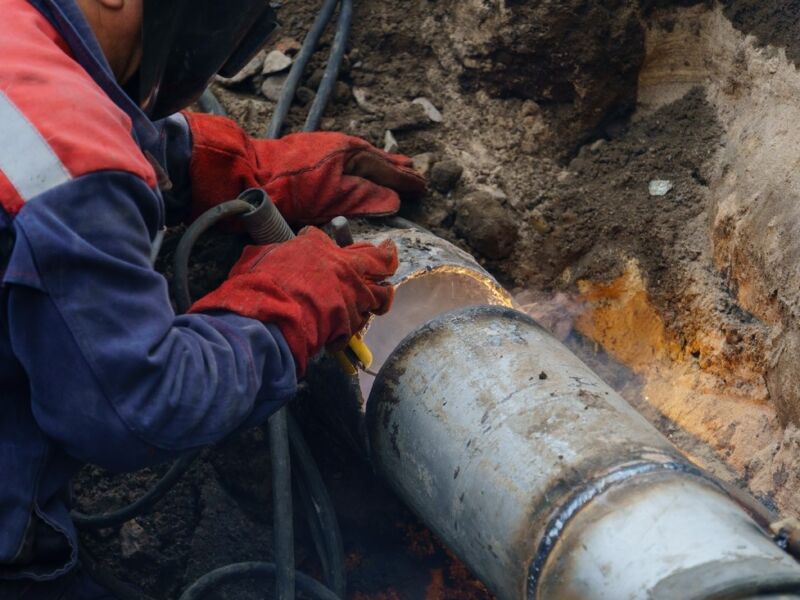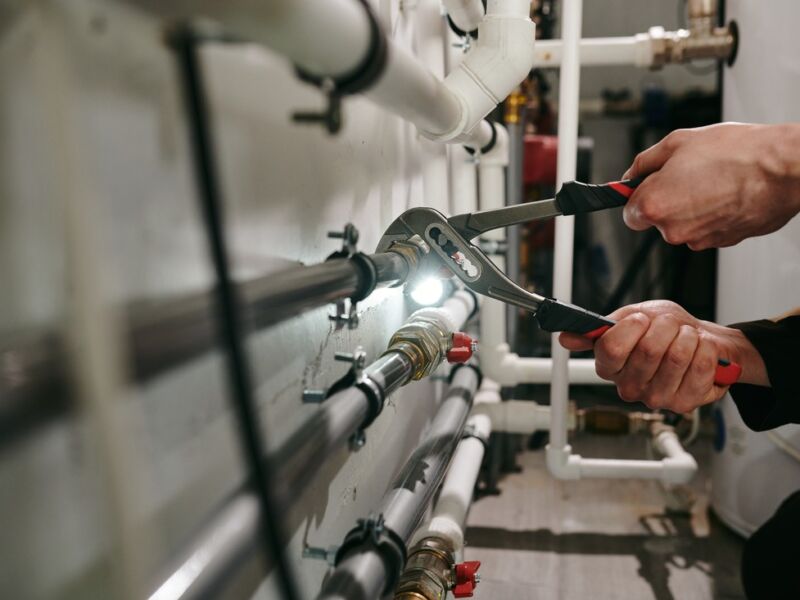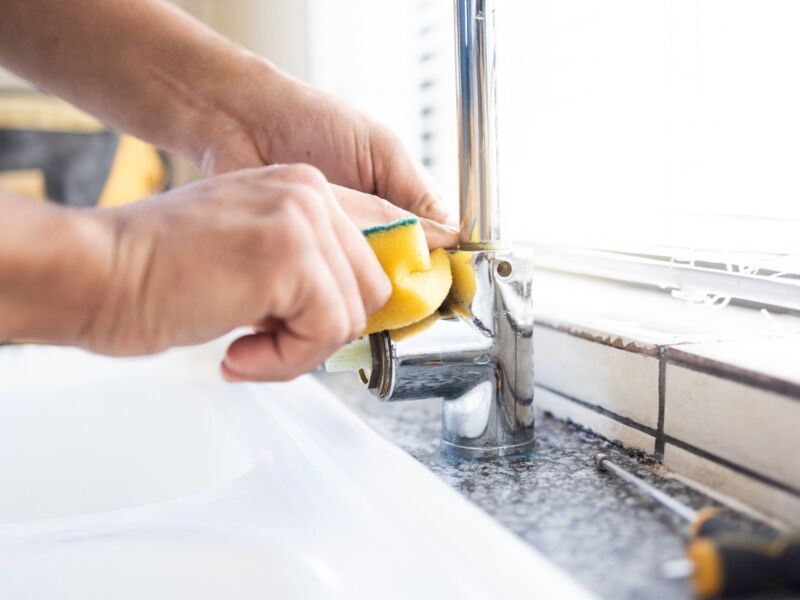
Introduction
Water damage caused by appliances can be a costly and frustrating problem for homeowners. Whether it’s a burst pipe, a leaking washing machine, or a malfunctioning dishwasher, water damage can lead to mold growth, structural damage, and expensive repairs. In this article, we will discuss various methods and strategies to prevent water damage from appliances and how to handle common plumbing issues such as broken pipes.
Preventive Measures

1. Regular Maintenance
Regular maintenance of appliances is essential for preventing water damage. This includes cleaning filters, checking hoses and connections, and inspecting for signs of wear and tear. By addressing any issues early on, you can avoid more significant problems down the line.
2. Proper Installation
Ensuring appliances are installed correctly is crucial to prevent leaks. Improper installation can lead to loose connections, which can cause water to seep out. It’s important to hire a professional or follow manufacturer guidelines when installing new appliances.
3. Proper Use

Using appliances as intended is essential for preventing water damage. Overloading washing machines, dishwasher, or other appliances can cause leaks or malfunctions. It’s important to follow load capacity guidelines and avoid overusing appliances.
4. Regular Inspections
Regularly inspecting appliances and plumbing connections can help identify potential issues before they escalate into major problems. Look for signs of rust, cracks, or moisture around appliances and pipes. If you notice any abnormalities, it’s best to address them promptly.
5. Shut-Off Valve Maintenance
Knowing the location of and regularly testing shut-off valves is vital in case of an emergency. Familiarize yourself with where the shut-off valves are for each appliance and ensure they are in proper working condition. This can help prevent water damage if a leak or burst pipe occurs.
Handling Broken Pipes
Broken pipes are a common plumbing issue that can lead to significant water damage in a home. It’s important to handle them promptly and effectively to minimize the damage.
1. Shut Off the Water Supply
When you discover a broken pipe, the first step is to shut off the water supply to prevent further damage. Locate the main shut-off valve for the water supply and turn it off. This will stop the flow of water and minimize the potential for flooding.
2. Call a Professional Plumber
Unless you have experience and knowledge in plumbing, it’s best to call a professional plumber to repair the broken pipe. They have the expertise and specialized tools to fix the issue correctly and ensure it does not happen again in the future.
3. Remove Excess Water
If there is water pooling due to the broken pipe, it’s important to remove it promptly to prevent further damage. Use towels, mops, or a wet/dry vacuum to soak up the excess water. Properly dry the affected area to prevent mold growth.
4. Assess and Repair Damaged Areas
Once the broken pipe has been repaired, it’s important to assess any damage that may have occurred to the surrounding areas. Look for signs of water damage, such as warped walls or ceilings, and address them accordingly. It may be necessary to consult a professional restoration company for extensive damage.
Important Facts and Statistics
- The development of statistics in the exploratory analysis was carried out with pipe breaks between 1995 and …-src:Pipe breaks and estimating the impact of pressure control in water …
- Major environmental stressors, such as earthquakes and tremors, cause the most severe pipe damage for properties along geological fault lines.
- Broken pipes tend to be the symptom of another problem, and that problem will also need to be resolved.-src:Burst & Damaged Pipes: How Leaks Can Cause Water Damage
- Clogged pipes are often caused by: Grease, Hair, Inappropriate items being flushed down pipes, Food scraps, Floss, Diapers, Sanitary products.-src:Common Causes of Clogged Drains And Broken Pipes
- According to The Oregonian/OregonLive, a broken sprinkler pipe was the culprit.
- A recent study by Gallet’s group and the Chicago Metropolitan Agency for Planning found the Chicago area alone is losing 22 billion gallons of treated water per year through leaky pipes.
FAQ
How can I prevent water damage from appliances?
What should I do if I have a broken pipe?
For more information on preventing water damage and handling plumbing issues, contact JGW Group Water Damage Restoration Deerfield Beach.



